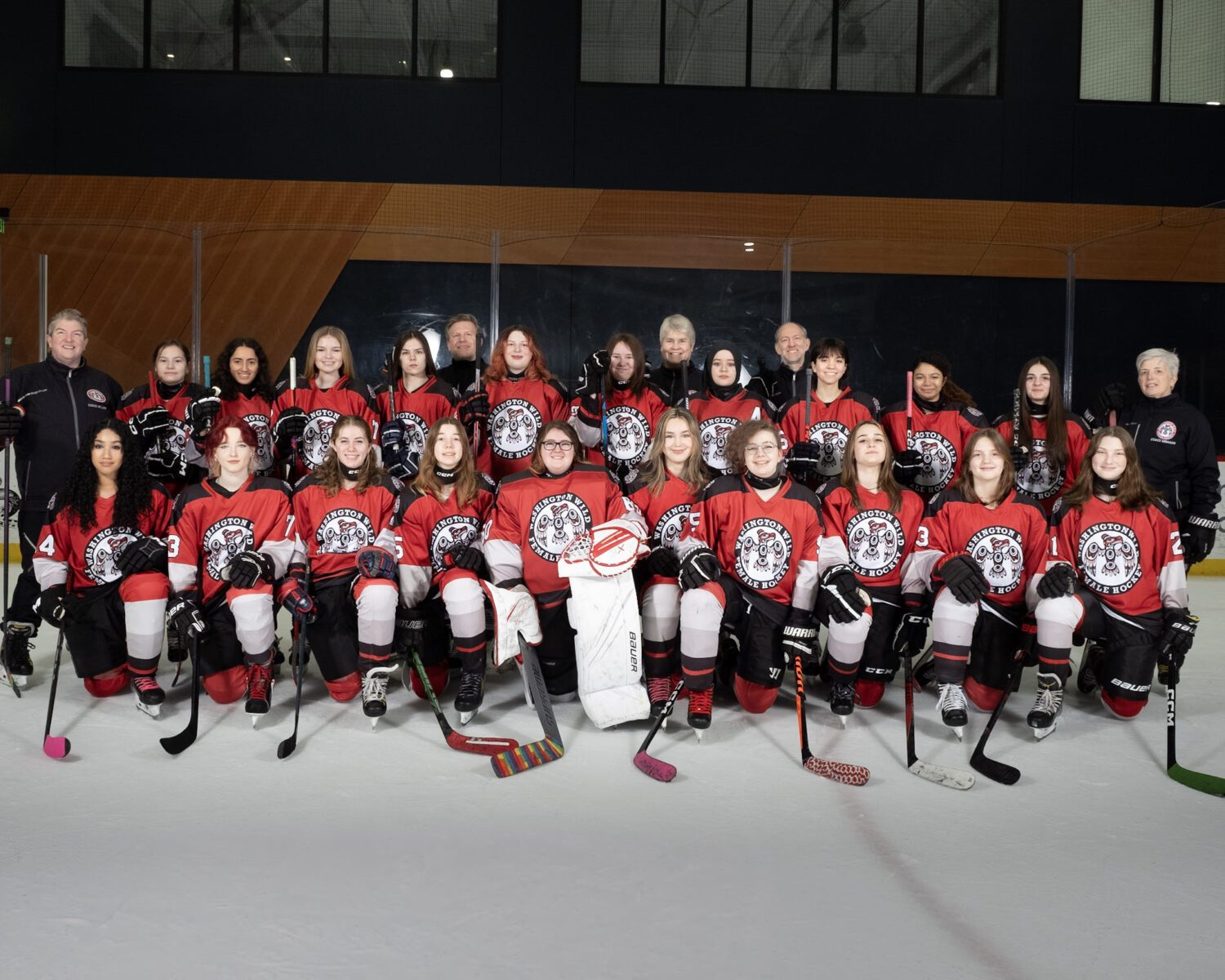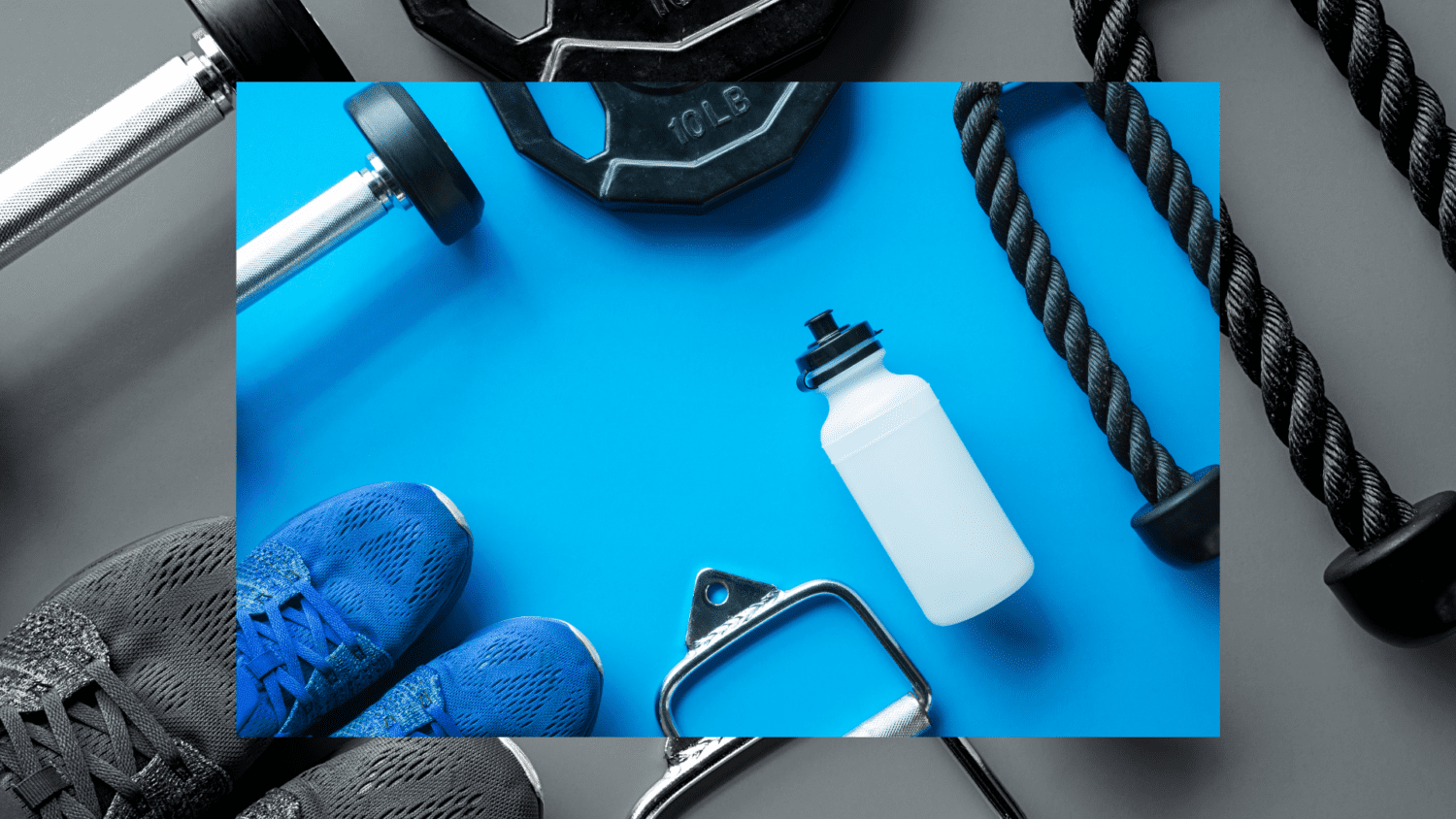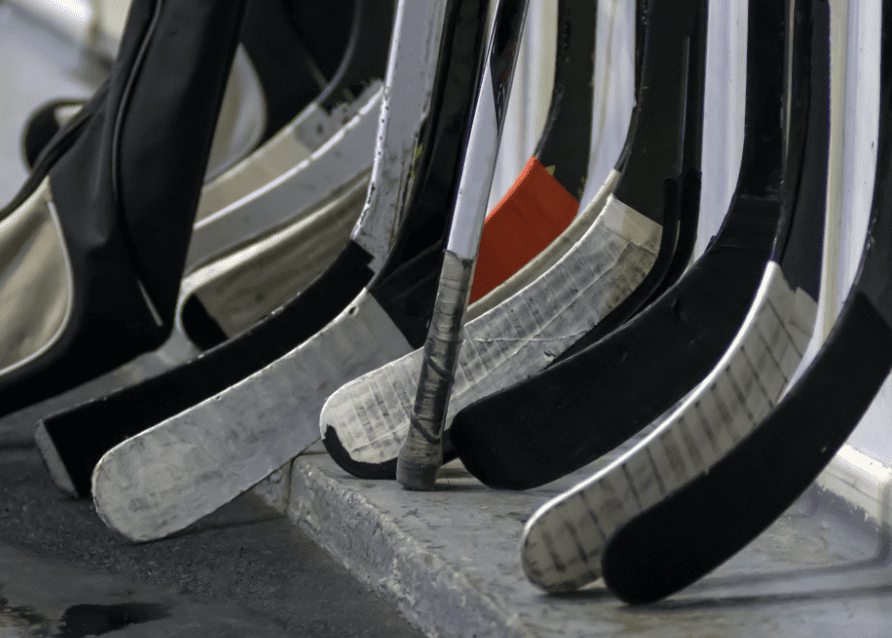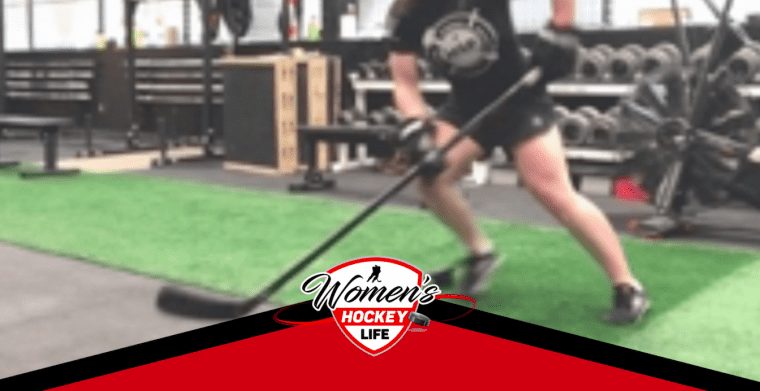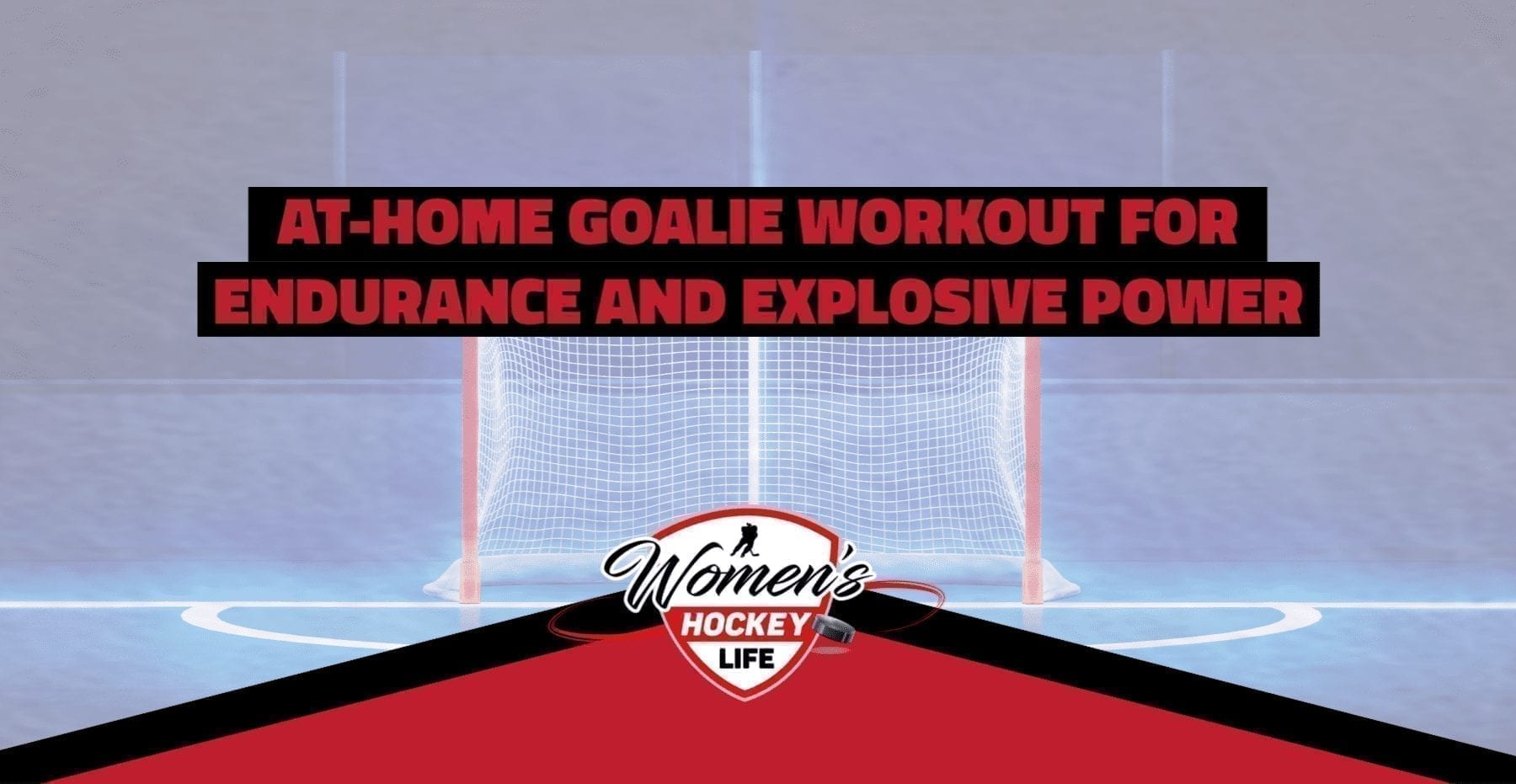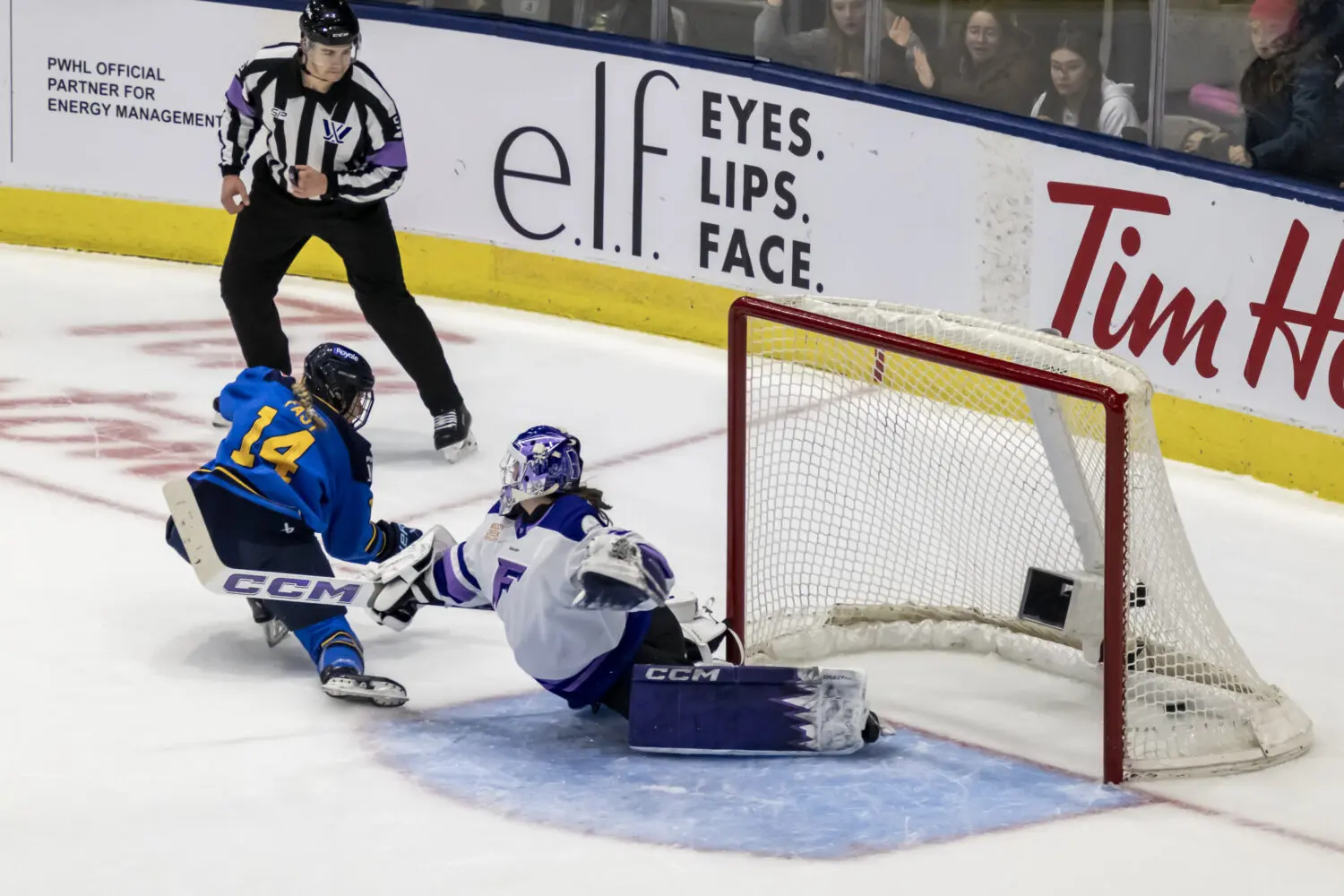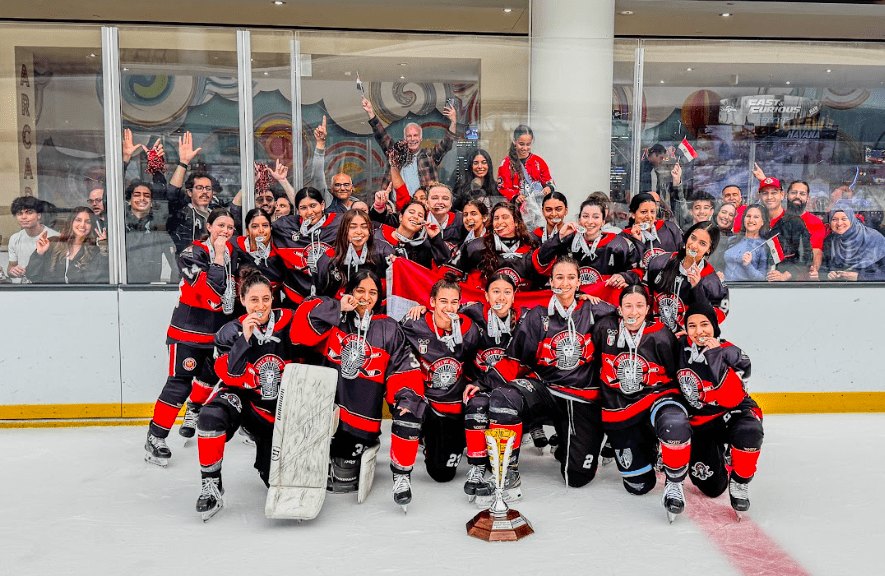If you’ve been around here long enough, you’ll know that I wasn’t exactly an exemplary athlete during my junior and college hockey days.
Although most of my teammates would say I was likeable and generally a good guy to be around, I’m sure none of them would jump out of their seat to say I was the type of guy who had it all figured out.
I’m also certain that I was not the type of teammate I needed to be, often getting mad at my own teammates, not listening to my coaches and generally acting selfish when it came to playing time.
They’d also never say I was a gym rat… they may have never seen me in the gym once.
It’s funny, because I’ve heard several times lately that sometimes even more important than a hero, is an anti-hero—someone who you want to avoid being like at all costs. So, take all of this with a grain of salt and an understanding that I was the antithesis of what this article embodies.
‘If only I knew then what I know now,’ jumps into my head most days when it comes to living the life of a professional. And if I had, who knows where I’d be.
You see, it wasn’t until after my serious playing days ended that I found the massive value in strength training. And not even necessarily for the physical carryover to the ice, but for the other lessons it teaches that can be applied to the game and life in general.
While research is starting to show the physical attributes that can be earned in the gym and carried over to the ice—skating speed, reduced injury risk and improved cardiovascular endurance—the mental attributes that come from showing up and doing the work off the ice are a lot more intangible.
You can’t study the effectiveness that a hard summer of training has on the mental toughness of an athlete as the long season wears on. You can’t use a graph to show the decreased blood pressure of a trained athlete vs. an untrained athlete and tie it back to their hard hours slangin’ iron on the gym floor.
But I’m here to tell you from experience—this stuff matters.
Here are three lessons that you can take from the gym to the ice.
1) It’s a Long, Slow Journey
We’re athletes.
We’re high performers.
We’re often used to things going our way when we put in any sort of effort.
Then they don’t.
And we panic.
What we sometimes don’t understand is that getting benched for one period or not playing the power play in one game isn’t going to sink us forever.
The season is long and so is a career, you’re going to have good coaches and bad and you’ll play on good teams and bad.
But, it’s all part of the journey forward.
And, as in the gym when you may not be seeing the progress you had hoped for, there are lessons hidden everywhere.
“There are no mistakes in life, only lessons. From struggle comes strength.” – Robin Sharma
If you’ve been training for any length of time you’ll know, you simply don’t walk into the gym and slap on 20 more pounds than you did the week before.
You must first warm up properly. Then, you need to hit a few sets to see how you feel. Then you get into the working sets and you realize you’re feeling it. Then, maybe if you’re feeling amazing, you may add five pounds to the bar and you’d call that a win.
But, over a month, a year, five years of having more good days than not-so-good, of tweaking your form and learning from the bad days, you look in your training log to learn that you’ve become 40 pounds stronger.
You may even need to take a step back during that time and tweak your form or address a nagging injury.
But it didn’t come from one good training session. It came from consistently showing up, doing the thing, doing it well and biding your time.
And, in hockey and life, you’ll never hear an overnight success story.
Why? Because behind every one of those stories is years upon years of grinding it out and doing the work: be it shooting pucks since you could stand up, training at all hours of the day, or pulling a few all nighters to ensure you get that degree.
It may feel slow at times, but you can bet that by consistently doing the right things, you’ll earn exactly what you deserve.
2) Everything You Get Is Earned
There’s just something so honest about weights.
A dumbbell will never lie to you about how heavy it is. It is what it is and that will never change. Unless it’s listed in kilograms, then it’s confusing as hell and my iPhone calculator is out faster than McDavid on a breakaway.
A weight plate will never change it’s difficulty if it’s mad at you. It will always be that weight.
And you’ll always know, if you slap these weights on that bar, the weight will be that much.
No politics.
No favourites.
No intangibles.
With that comes an expectation, though.
You have to earn the next level.
There is absolutely no getting around what needs to be done to get stronger, faster and more explosive.
You simply have to do the work that is required consistently and with a purpose (a lot easier said than done) and you’ll earn the right to that strength, speed and power.
3) Shut Off Your Brain and Do the Work
There are times when the best course of action is to ponder something, give it the time and energy it deserves and make a well-informed decision.
There are times when you should be aware of what you’re doing, both in the gym and on the ice. Mainly for safety reasons, but also in the spirit of self-awareness and knowing what you need to succeed.
But then there are times when you just need to put in the work.
You need to get out of your own head and jam out some real, hard, grinding work.
In the gym, this is a high rep set or some type of conditioning work.
On the ice, this may be a skating drill or it may mean stopping yourself from overthinking in certain situations.
“Do I shoot it, or should I pass to that open teammate?” should never be a question you ask when you’re wide open with a shooting lane in the slot.
Alas, I see it all the time.
But sometimes on the ice, as in the gym, things just need to happen in certain situations. And there’s no time for thinking, there’s no time for second-guessing.
Bang. Do it. It’s done.
So, if you’ve been training for any length of time, take the lessons you’ve learned and the hardships you’ve overcome in the weight room and apply them on the ice.
If you haven’t, maybe this is the push you need to start getting after it consistently. Because even though you may be able to get by on skill alone now, you’ll need these nuggets when the going gets tough and everyone around you has the skill you have, or at least the understanding of what makes them successful.
One final note: as you continue to progress in hockey and in life, you’ll quickly realize that everyone is good. It’s only those who put in the extra effort that are truly rewarded at the highest level.
If you want to be one of those people, best get to doing the things that others simply aren’t willing to do.
As always,
Coach Gav
****
EDITOR’S NOTES:
Thanks for reading!
If you want more tips from Coach Gavin McHale, visit his website or join our WHL Community Facebook group where he answers your specific hockey-related questions!
[adrotate group=”1″]
Related Articles
Categories
Recent Posts
[adrotate group=”2″]

